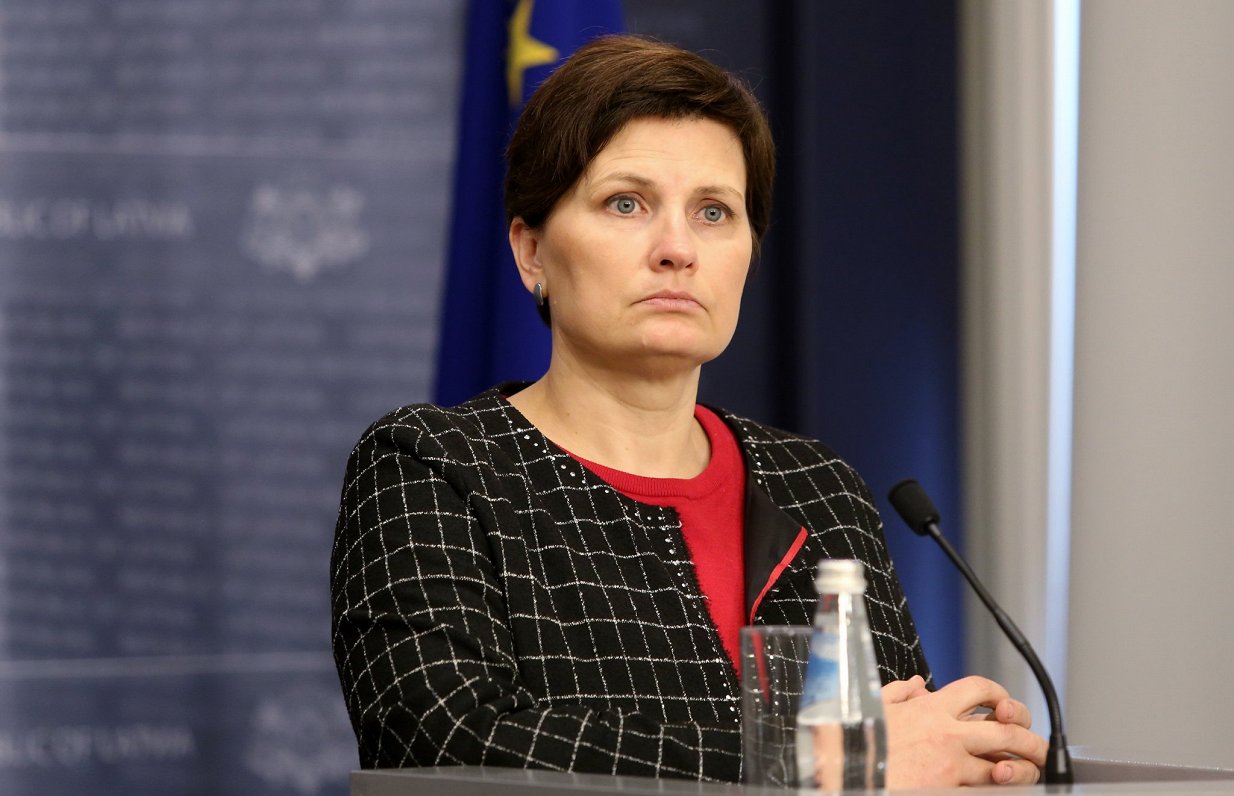As the incidence of COVID-19 increases, Estonia and Lithuania have raised the threshold for the incidence rate to which travelers do not have to comply with self-isolation - from 16 cases per 100,000 inhabitants to 25. Viņķele previously rejected the idea of such a step in Latvia, and still maintains this view.
The Minister said that there had been discussions in the government about this possibility. “I understand Mr Vitenbergs, [Economics Minister], who is agitating for the tourism sector,” Viņķele added.
At the same time, she pointed out that the share of hospitality income in Latvia's gross domestic product (GDP) is around 2.5%. “And here the dilemma is between how freely we live inside Latvia, how freely we gather, visit cultural events, entertainment activities, how freely our catering institutions work, how safely our children go to school -- and survival of one business, tourism business,” said the minister.
In her opinion, in such a situation, the weights are inclined in favour of ensuring as little restrictions as possible within Latvia. But raising this threshold will increase the risk of Covid-19 infection, which will in turn have the effect that the restrictions would have to be tightened.
“The solution to simply allow free movement without restrictions can create a boomerang effect. We are moving freely for a couple of weeks, and the rates of infection and the number of people who are sick will rise so significantly that we will have to do extremely difficult and more harmful things for the economy,” Vinkele warned.
She mentioned, among other things, remote schooling, which would have a vast impact on the parents of younger pupils, thereby also leaving a negative effect on the economy.
Viņķele said that on Tuesday, September 15, Ministry of Health would offer the government a view on the issue of shortening the mandatory self-isolation period from 14 days to 10 days. “Based on the latest research into the infection ability of the virus, it has been found that ten-day self-isolation does not increase the risk of infecting others,” explained the politician.





























